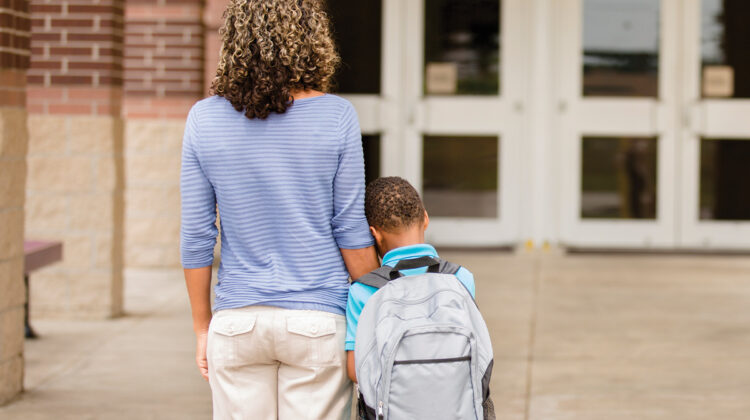Returning to school can be exciting but also stressful for many students. Managing this anxiety is crucial for their well-being and academic success. Here are some practical stress-busting techniques to help students navigate school-related stress effectively.
Mindfulness Exercises
Mindfulness helps students stay present and focused. Simple exercises like deep breathing, body scans, or guided imagery can reduce anxiety. Encourage students to take a few minutes each day to sit quietly, close their eyes, and take deep breaths, focusing on the sensation of air filling their lungs and then slowly exhaling.
Time Management
Proper time management can significantly reduce stress. Help students create a schedule that includes time for homework, extracurricular activities, and relaxation. Using planners or digital apps can help them keep track of assignments and deadlines. Breaking tasks into smaller, manageable chunks and setting specific goals for each study session can also prevent last-minute cramming.
Physical Activity
Regular physical activity is a powerful stress reliever. Encourage students to engage in activities they enjoy, such as sports, dancing, or simply playing outside. Physical exercise releases endorphins, which can improve mood and reduce anxiety. Even a short walk or a quick game of catch can help clear the mind and boost energy levels.
Healthy Sleep Habits
Adequate sleep is essential for managing stress. Establish a consistent bedtime routine to ensure students get the recommended 9-11 hours of sleep each night. Avoiding screens at least an hour before bed and creating a calming nighttime environment can help improve sleep quality.
Open Communication
Encourage open communication about stress and anxiety. Let students know it’s okay to feel overwhelmed and that talking about their feelings is important. Parents and teachers should provide a supportive environment where students feel comfortable sharing their concerns. Sometimes, simply knowing they have someone to talk to can alleviate a lot of stress.
Balanced Diet
A balanced diet can impact stress levels. Encourage students to eat regular, nutritious meals and snacks that include a variety of fruits, vegetables, whole grains, and lean proteins. Avoiding excessive sugar and caffeine can also help stabilize mood and energy levels.
By incorporating these techniques, students can better manage their anxiety and enjoy a more positive, productive school experience.

